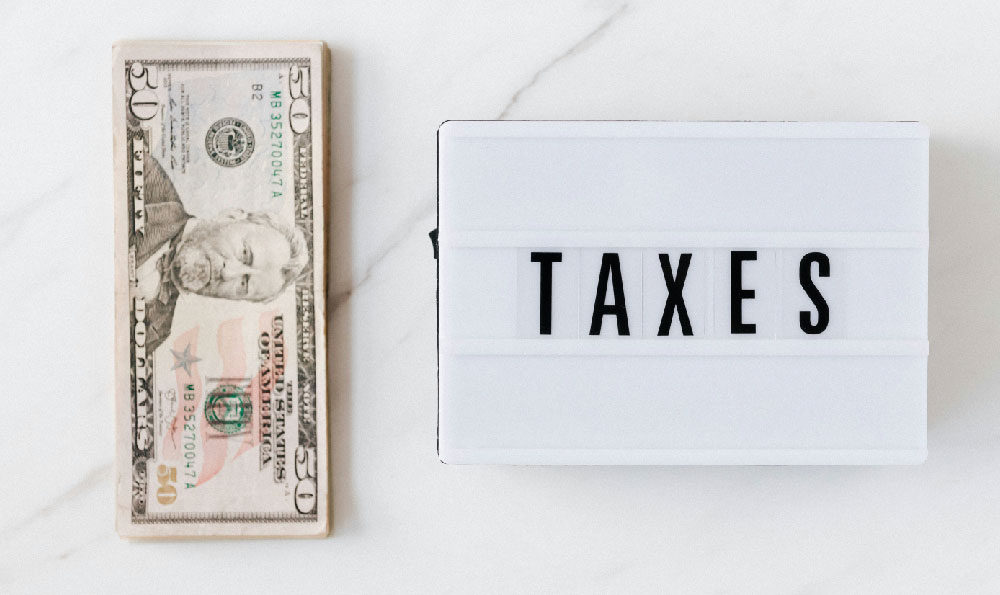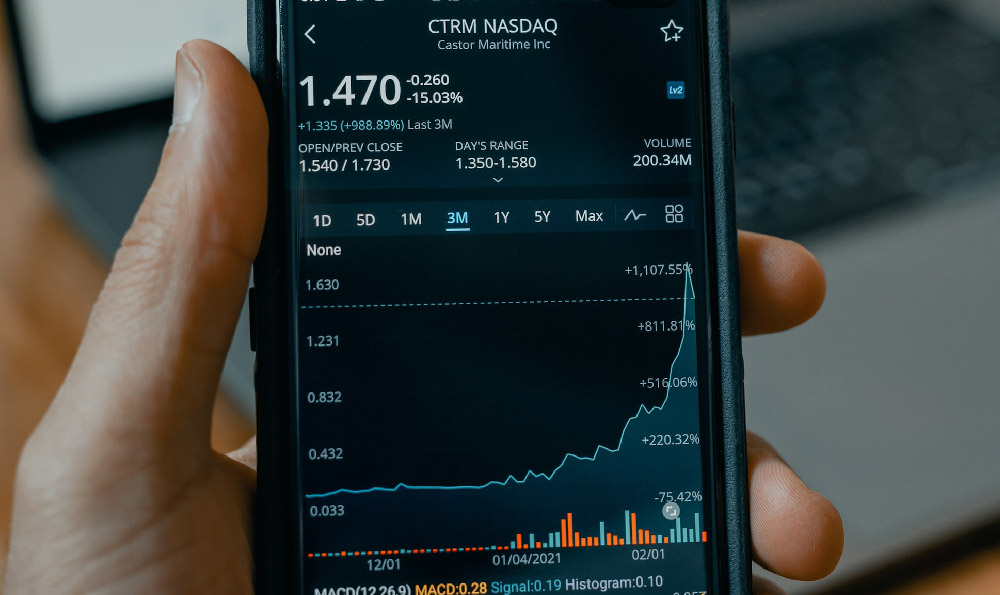Podcasting has emerged as a powerful medium for content creation, offering creators a unique opportunity to monetize their passion and expertise. The question of how much money do podcasters earn is complex, as it depends on a myriad of factors ranging from audience size and engagement to niche specificity and diversified income sources. While some may be inspired by the potential for financial success, it's important to approach this topic with realistic expectations, as the landscape is as varied as the topics these audio series cover.
The income potential for podcasters is influenced by the platform they choose, with major services like Spotify, Apple Podcasts, and Audible providing different revenue models. For instance, Spotify's Creator Fund offers payments based on the number of streams, though the rates are often debated and criticized for being inconsistent. On the other hand, Apple Podcasts includes a revenue-sharing program where artists can earn a portion of the subscription fees, but this is typically available only to those with a large and dedicated following. The earning potential can also vary significantly between platforms, with some creators leveraging multiple services to maximize their revenue.
Beyond platform-based earnings, podcasters can explore a range of monetization strategies that align with their audience's interests and preferences. These include advertising partnerships, where brands pay for sponsored segments within the podcast. The cost per thousand (CPM) rates for ad placements can fluctuate based on the podcast's niche and listener demographics, with some high-profile podcasts commanding CPMs exceeding $50 or even $100. Sponsorship deals often require a certain level of audience engagement and listener retention, which can be challenging for newer creators to achieve.

Another popular method is through listener support, where audiences fund the podcast directly via platforms like Patreon, Ko-fi, or Buy Me a Coffee. This model allows creators to offer exclusive content, early access, or personalized interactions in exchange for donations, which can provide a more stable income compared to ad-based revenue. However, the success of this approach depends heavily on the creator's ability to foster a loyal community and communicate value effectively to their audience.
Podcasters can also monetize their work by selling products, services, or memberships related to their content. This could range from offering online courses, books, or merchandise to creating member-only communities with unique perks. The income from these avenues often depends on the depth of the creator's expertise and the perceived value of their offerings in the market. For example, a tech podcast may generate income by selling specialized tools or software recommendations, while a lifestyle podcast might focus on affiliate marketing partnerships or branded collaborations.
The income potential is further shaped by the industry and audience size. Some podcasters specialize in entertainment, such as comedy or storytelling, where their primary revenue comes from ad sponsorships and listener donations. Others may focus on niche markets like parenting, fitness, or finance, where their income could come from affiliate marketing, educational courses, or consulting services. High-profile podcasters with audiences in the millions can earn significantly more, with some anecdotal reports suggesting earnings in the hundreds of thousands or even millions annually, though these cases are relatively rare.
A crucial aspect of determining how much money do podcasters earn is understanding the difference between passive and active income. While some creators rely on ad revenue and platform payouts for a steady income, others actively seek out brand partnerships, sponsorships, and merchandise sales. This active approach can lead to higher earnings but requires more effort in marketing and relationship-building. Additionally, the consistency of income can vary, with some podcasters experiencing fluctuations based on seasonal trends, industry changes, or the success of individual episodes.
The financial success of a podcast is not solely dependent on the number of downloads or followers. It's equally influenced by the creator's ability to build a brand, maintain engagement, and adapt to evolving trends. For example, a podcast with a strong sense of brand identity and a dedicated audience is more likely to attract sponsorships and retain listener support. Conversely, a podcast with low engagement and a niche audience may struggle to generate significant revenue, even if it has a large listener base.
Despite the potential for growth, the podcasting industry is not without its challenges. Many creators face the difficulty of competing in a crowded market, where finding a unique angle or audience is essential. Additionally, the process of monetizing a podcast often requires significant time and effort, with creators needing to balance content creation with marketing, business development, and financial management. This can be particularly challenging for those without prior experience in entrepreneurship or digital marketing.
To maximize their earning potential, podcasters should consider diversifying their income streams and focusing on long-term growth. This includes building a loyal community, creating high-quality content that resonates with listeners, and exploring partnerships with brands and sponsors. Additionally, investing in tools and resources that improve production quality can help attract a larger audience and increase the potential for monetization.
The financial landscape of podcasting is constantly evolving, with new opportunities and challenges emerging as the industry grows. For example, recent advancements in ad tech and listener engagement tools have made it easier for creators to monetize their content and build sustainable income. However, the key to long-term success lies in understanding the dynamics of the podcasting market, staying adaptable, and continuously refining their approach to content creation and monetization.
Ultimately, the income potential for podcasters varies widely, with some earning modest incomes while others achieve substantial financial success. By understanding the factors that influence their earnings and exploring diverse monetization strategies, creators can build a sustainable income and thrive in this dynamic industry. The journey may require patience, persistence, and adaptability, but for those who are willing to invest in their craft and audience, podcasting can offer a rewarding path to financial growth.












